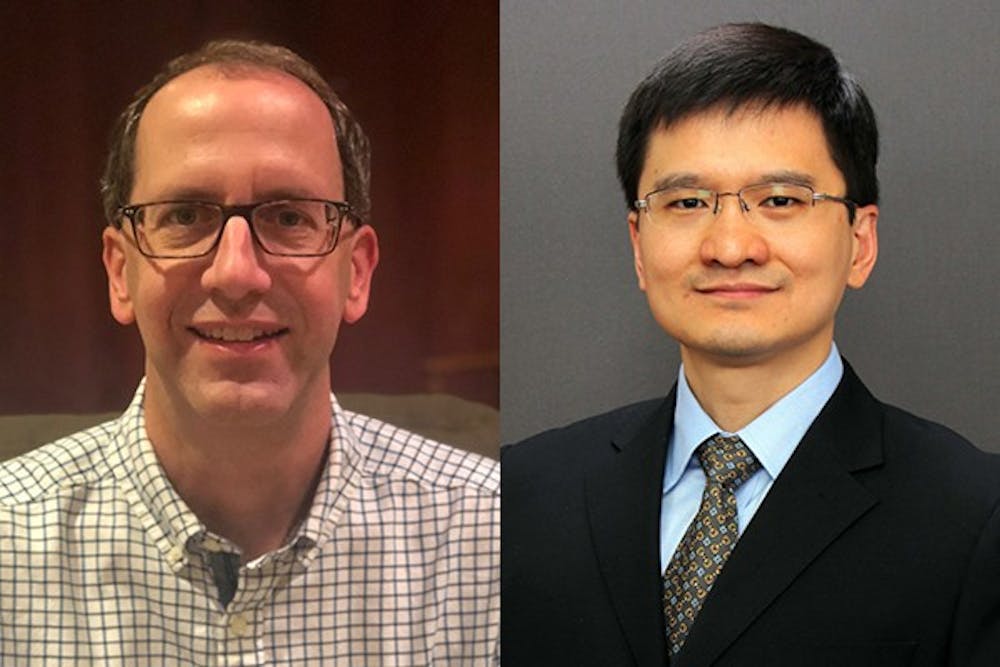Two Penn Medicine researchers have been named 2020 fellows of the American Association for the Advancement of Science — the world's largest community of scientists — for their efforts towards advancing science and maintaining high standards of integrity.
Physiology professor E. Michael Ostap and biostatistics professor Qi Long from the Perelman School of Medicine will be formally inducted into AAAS in a virtual ceremony on Feb. 13. Ostap and Long were among 489 AAAS members selected as fellows this year, Penn Medicine News reported.
Ostap is being recognized for his use of biochemical techniques to study cytoskeletal motion, which is a mechanism behind muscle contraction. He leads the Ostap Laboratory, which conducts research on cell movement, tissue development, and immune responses.
Ostap's laboratory team works with the Center for Engineering MechanoBiology, a science and technology center established with a $24 million grant from the National Science Foundation in 2016.
“The real goal of the center is to tie these different [molecular, cellular and organismal] levels together and to not only obtain this foundation to understand the basic biology, but to use this biology to build novel devices,” Ostap told The Daily Pennsylvanian in 2016.
Long, the associate director for cancer informatics at the Penn Institute for Biomedical Informatics, was recognized for his use of data science to make advances in health care — including his contributions to analysis of incomplete data, causal inference, and analysis of big data to advance precision health.
“I am deeply honored by this recognition of our research in health data science,” Long told Penn Medicine News. “Penn has provided a highly supportive environment for us to accelerate innovations in health data science which play a vital role in advancing biomedical research and transforming precision health. I am very grateful for the valuable contributions from the current and former members of my research group and to my colleagues and collaborators at Penn.”
Founded in 1848, AAAS has named fellows each year since 1874. This year's members were nominated through the society's 24 sections, by current AAAS members, or by the AAAS chief executive officer.









